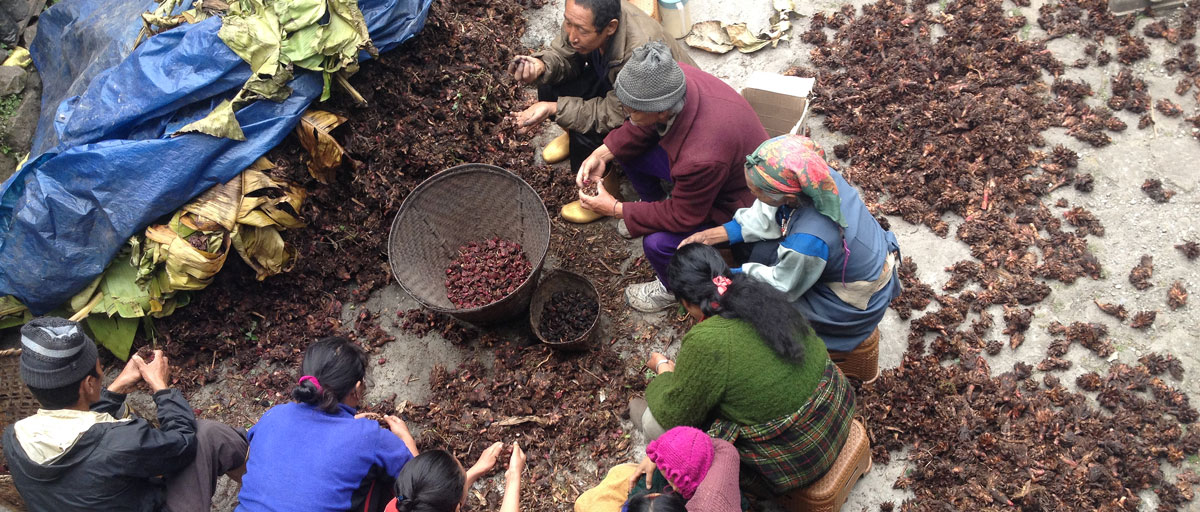The theory of cross‑scale interactions: an illustration from remote villages in Sikkim, India
Summary
Interdependence of social-ecological systems (SES) across the globe is rapidly increasing through increased connectivity, for example, through flow of information and trade. This case study of highly remote Himalayan villages in West Sikkim, India, explores how cross-scale interactions can shape the development of a local SES. In-depth interviews across four different institutional scales—state, district, gram panchayat unit and ward, show a rapid shift from subsistence farming to commercial monocultures of large cardamom in the lowland villages of the region. This, alongside a failure to address diverse needs within the policy implementation context, has resulted in economic inequality between lowland and upland villages. The interaction between state policies for conservation, national agriculture and food subsidies, and the effects of globalization are reducing the diversity of foods for the communities, as they become dependent on external markets and government subsidies for income and food. The case study is an example of how imposing uniform institutions can threaten SES to become increasingly homogenized and vulnerable to shocks.







